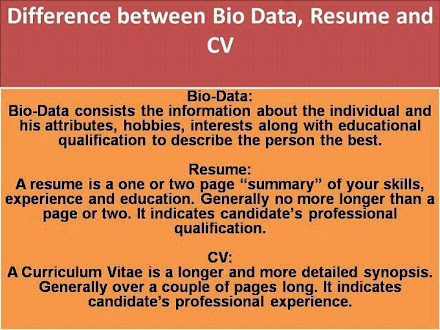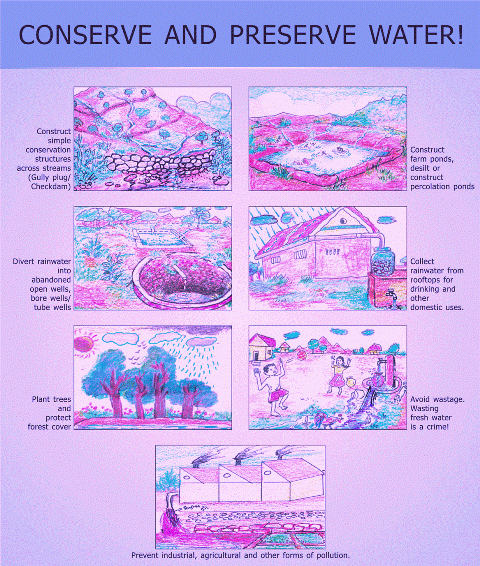Human Rights and Tsunami Recovery
Source: UN Office of the Special Envoy for Tsunami Recovery
Background
Human-rights concerns are often overlooked in the aftermath of natural disasters. Yet by adopting a rights-based approach to their programs, the UN, other international organizations, governments, and NGOs can ensure that relief and reconstruction efforts are conducted within a framework that protects and promotes human rights. Such a stance could also promotes the effective delivery of humanitarian aid, a sustainable recovery effort, and accountability and transparency to beneficiaries.
International expertise should support and monitor national and local efforts to implement this rights-based approach. National human-rights commissions should be integrated into recovery plans at all levels since these bodies can receive and act on complaints and advise governments when policies and laws are discriminatory or inadequate. Support should also be given to efforts to create a regional monitoring system within the framework of the Asia Pacific Forum of National Human Rights Institutions. Governments, which should use the UN Guiding Principles on Internal Displacement (the first international standard for persons internally displaced by conflict or natural disasters), should be supported and encouraged to enforce existing legislation and policies to protect vulnerable groups.
From a human-rights perspective, the "build back better" strategy should be reflected in greater respect for human rights than existed prior to the tsunami, providing the necessary conditions for a lasting and successful recovery.
Human-Rights Concerns
* Non-discrimination in the distribution of aid. Assistance must be provided with impartiality and neutrality, on the basis of need and without discrimination on the basis of race, ethnicity, religion or caste, or whether persons live in camps, stay with host families, or live in rebel-held or areas of government control. Aid to those displaced by the tsunami must also be extended to populations uprooted by conflict or civil strife so inequities do not surface. Governments and aid organizations should strive to fight corruption, favoritism, and poor management in the distribution of aid; inequities in aid distribution not only violate humanitarian principles but also risk creating tensions that can threaten recovery.
* Gender. Gender-sensitive policies are needed to ensure that aid distribution and recovery programs involve women in distribution and decision-making processes. Efforts should also be made to recognize the special needs of female-headed households.
* Protecting Vulnerable Groups. Women, children, elderly, disabled, and other vulnerable groups are particularly at risk of violence and discrimination. Children and women are vulnerable to sexual and gender-based violence, including domestic violence and child abuse. Poor living conditions in temporary shelters increase the potential for sexual violence, alcohol abuse, and physical violence. In addition, the poorest and most marginalized should not be left out of reconstruction.
* Community Participation. The input and involvement of local communities is a prerequisite for accountability, social cohesion, and stability. Communities should be properly informed on actions that affect them. Governments, the UN system, donors, and NGOs involved in reconstruction should strive to develop consultative and transparent processes of decision-making and the means to communicate them. Exclusion from such decisions not only heightens helplessness but undermines aid's effectiveness.
* Property Rights. In some tsunami-affected countries, an estimated 70 to 90 percent of the survivors lost their identity documents and many landmarks and records were wiped out. In addition, many survivors never held formal titles to their property. The absence of such documents can lead to disputes over land ownership, opening the door to potential exploitation of the dispossessed, which can affect long-term stability. Governments must review property claims, ensure that non-traditional forms of ownership are recognized, assist people who lost their land and livelihoods, and guarantee that women do not face discrimination in regaining their homes and property. There must also be a clear and fair policy on compensation for those who have lost land and property.
Policy in Action
UN agencies and NGOs have worked with governments in the region to raise awareness of the tsunami's impact on human rights and have contributed to efforts to address these impacts. The Office of the High Commissioner for Human Rights has participated in preparing a second-phase of needs assessment that include gender and human-rights concerns. The OHCHR has also made recommendations on human-rights issues in the recovery plans endorsed by governments.
The International Labor Organization has been paying special attention to vulnerable groups, particularly the many orphaned girls and boys, young people, and widows. It has also voiced particular concern for employers' and workers' organizations that lost human and financial capacity in the tsunami.
The UN High Commissioner for Refugees (UNHCR) and UNICEF have developed a transitional shelter strategy that reflects the Guiding Principles on Internal Displacement. UNHCR is promoting a rights-based approach to land issues and property disputes, while UNICEF has integrated reporting mechanisms for protecting women and children in their camps.
The Human Rights Commissions of India, the Maldives, Sri Lanka, and Thailand have discussed how to address human rights issues in the recovery process. Sri Lanka's Commission has established a special disaster relief monitoring unit to keep track of laws and practices related to tsunami displacement, especially relating to women and children. It will also receive and act on complaints of human-rights violations, as well as promote transparency and accountability and ensure that relief is being distributed on an equitable basis.
Local organizations also have been strongly involved in promoting a rights-based approach to recovery, gathering information, focusing on women's needs, providing regular briefings, and engaging in advocacy with national governments and international agencies.






No comments:
Post a Comment